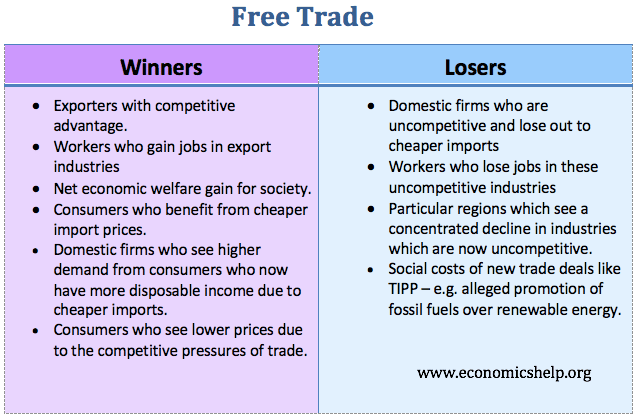Measuring Living Standards
Measuring living standards is important for economic policy. However, in practice, there are several difficulties in measuring living standards and therefore there are several different measures we could use. The most common measure of living standards is to start with real GDP per Capita. World Map of GDP per Capita GDP per Capita. Source: Source: …


